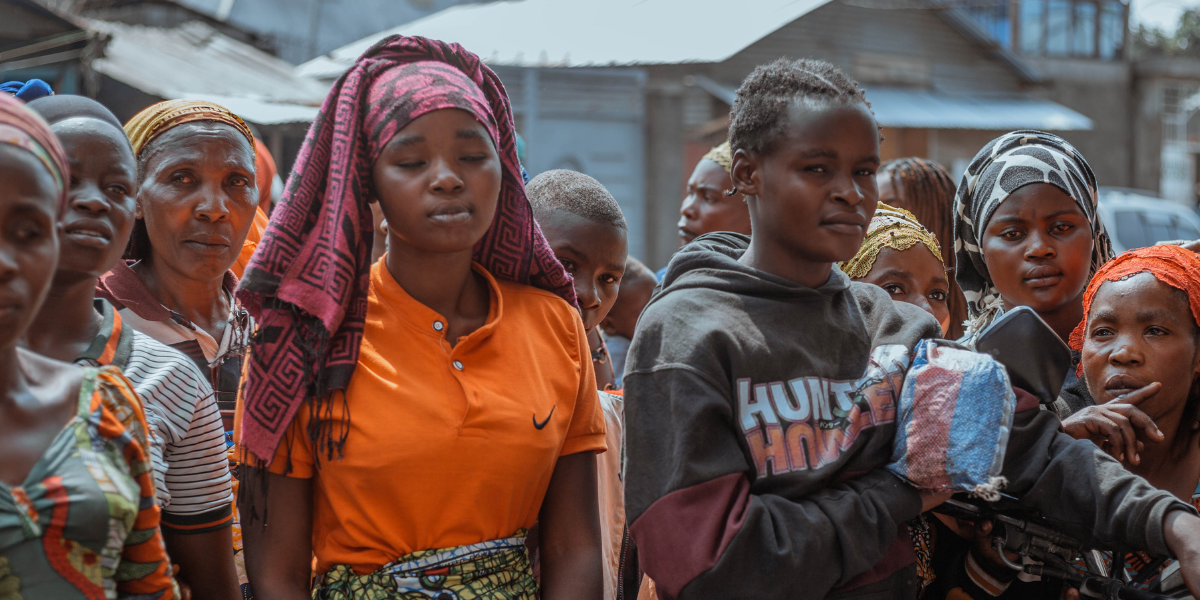"We don't know how fast things are changing or where to turn for help."
The local pastor who shared this reality is just one of many clergy members in the eastern provinces of the Democrat Republic of the Congo impacted by an ongoing, immense humanitarian crisis.


 Across the world, food insecurity is an ongoing struggle that has been exacerbate
Across the world, food insecurity is an ongoing struggle that has been exacerbate